When you purchase a can of corn, a bag of lettuce, or a loaf of bread, do you glance at the “use by” date to ensure it will still be good for at least a few days? You probably do. Otherwise, why would you spend your hard-earned money on that product?
But when you crack open a can or bottle of beer, do you always look for the date it was produced to see if it’s still fresh? Probably not. If you’re anything like us, you assume the six-pack of beer you bought at the local beer or grocery store is perfectly suitable for consumption. You don’t think it’s been collecting dust on the shelf for months, right? This begs the question: does beer expire?
Does beer expire?

Maybe you drink your beer within a few days of purchasing it so this doesn’t occur, or you guzzle it down so fast that you don’t notice any flavors or aromas, let alone foul ones. But beer does expire. If your beer sits too long on the shelf, is left in the sun, or isn’t kept in the appropriate place, it might taste skunky or otherwise unpalatable. It won’t smell or taste the way the brewers intended it.
Is it harmful to drink expired beer?
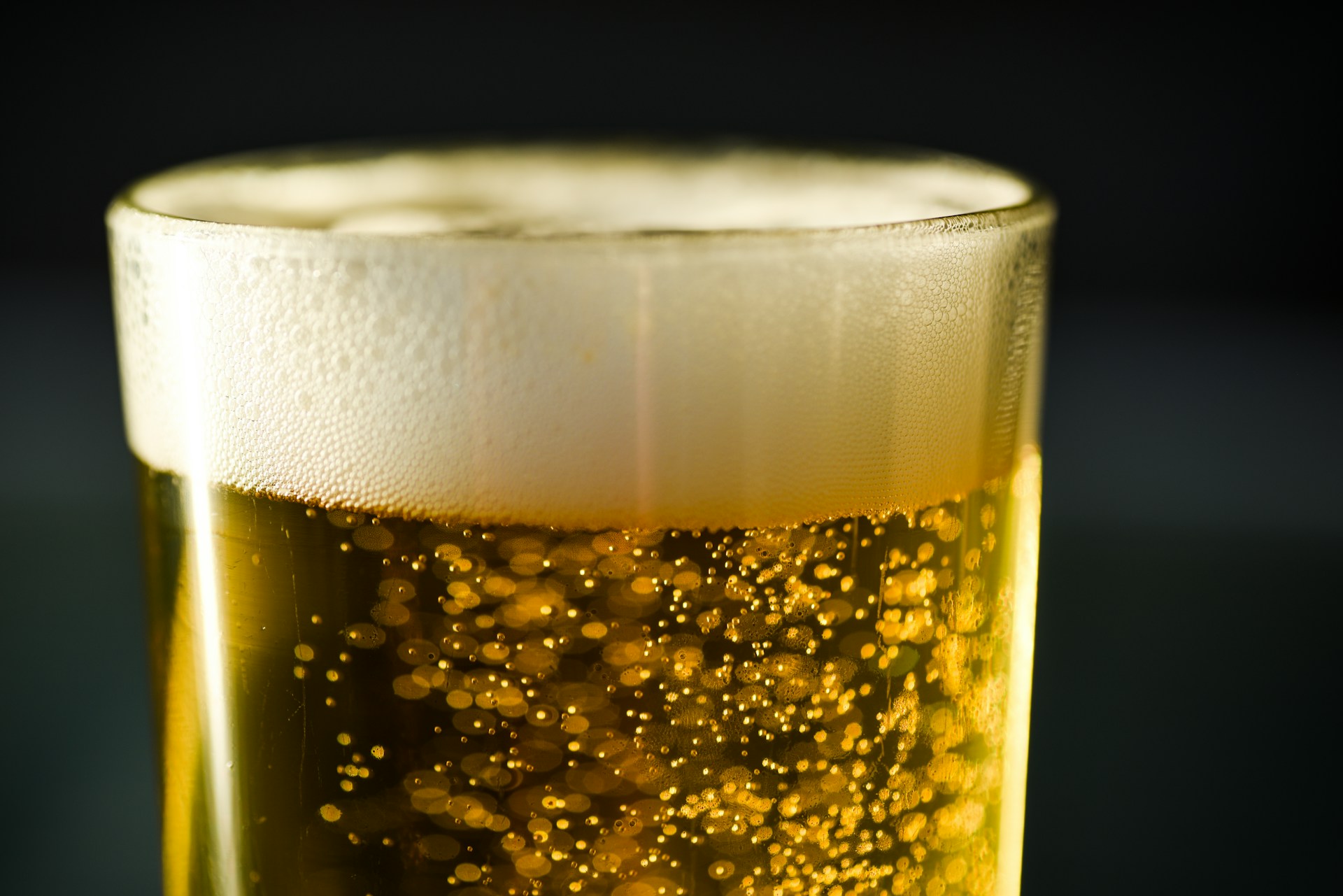
In the simplest terms, expired beer isn’t harmful. At best, it will be flat and have muted flavors. At worst, it will be a skunky, sour mess. It probably won’t hurt you, but it is rather off-putting and not something you want to sip on a hot summer day. Nobody wants to finish an afternoon of lawn-mowing, anticipating a fresh-tasting, crisp, refreshing beer only to be greeted with a skunky, foul-tasting mess of a beer.
How long does beer last?
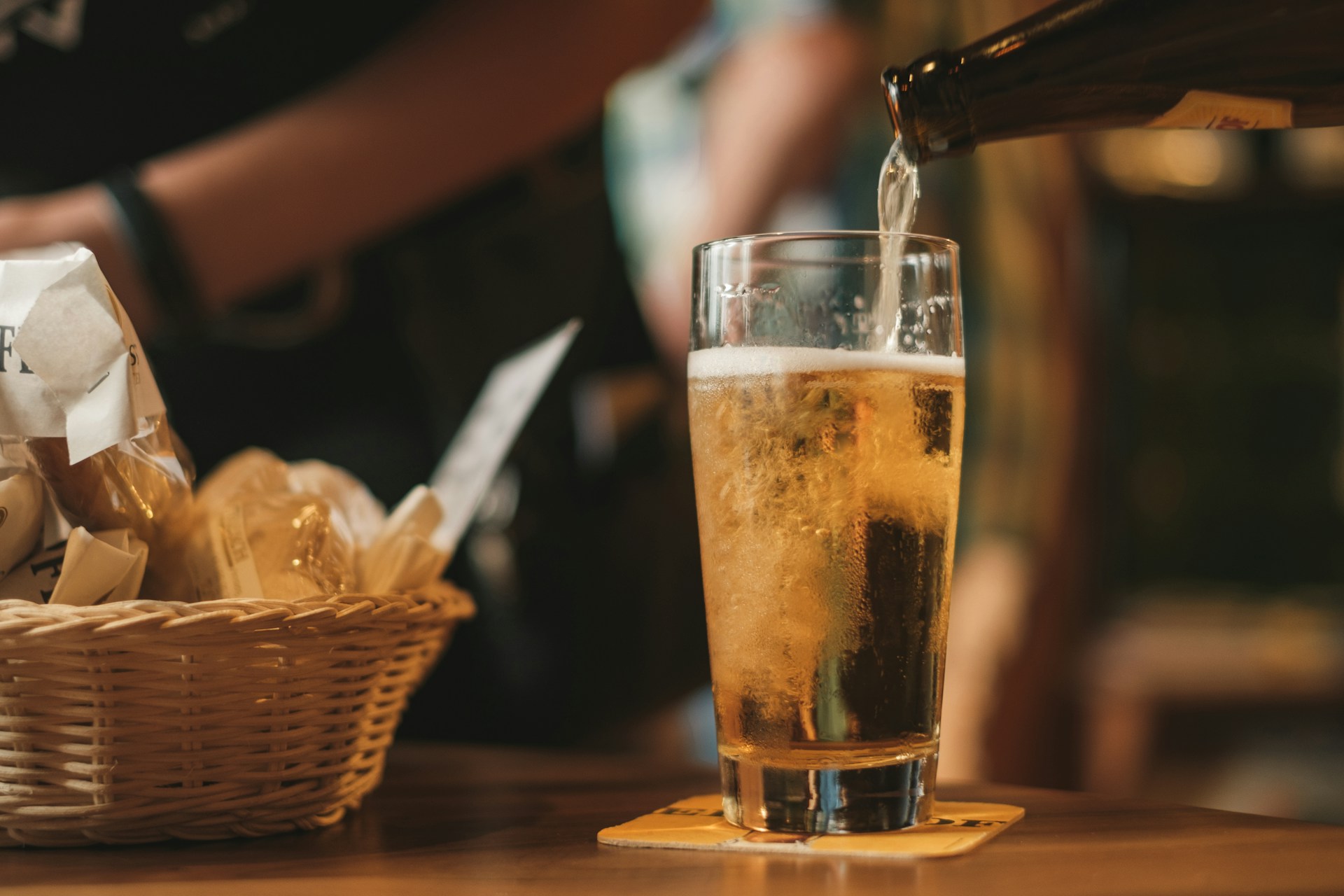
This question is all about whether or not you opened your beer. Unopened beer that’s kept at room temperature should still be good for around 6 months after the “best before” date. While your beer won’t taste dramatically different after that, it will begin to drop down in quality of flavor and aroma as the months go on.
Refrigerated beer can last for as long as two to three years, depending on the type of beer. But, after about a year, your favorite lager isn’t going to taste the same way it did when you bought it at the store. Now, if you open your beer, it’s going to go flat and be fairly awful tasting within one day. That’s right, one day.
Unpasteurized beers are a different story. You might have a hazy IPA or two in your fridge that says, “drink fresh”. We urge you to drink it as close to the “best before” date as possible because this type of beer only stays fresh for a maximum of around two months before you likely won’t want to drink it.
The best way to store beer is to keep it fresh
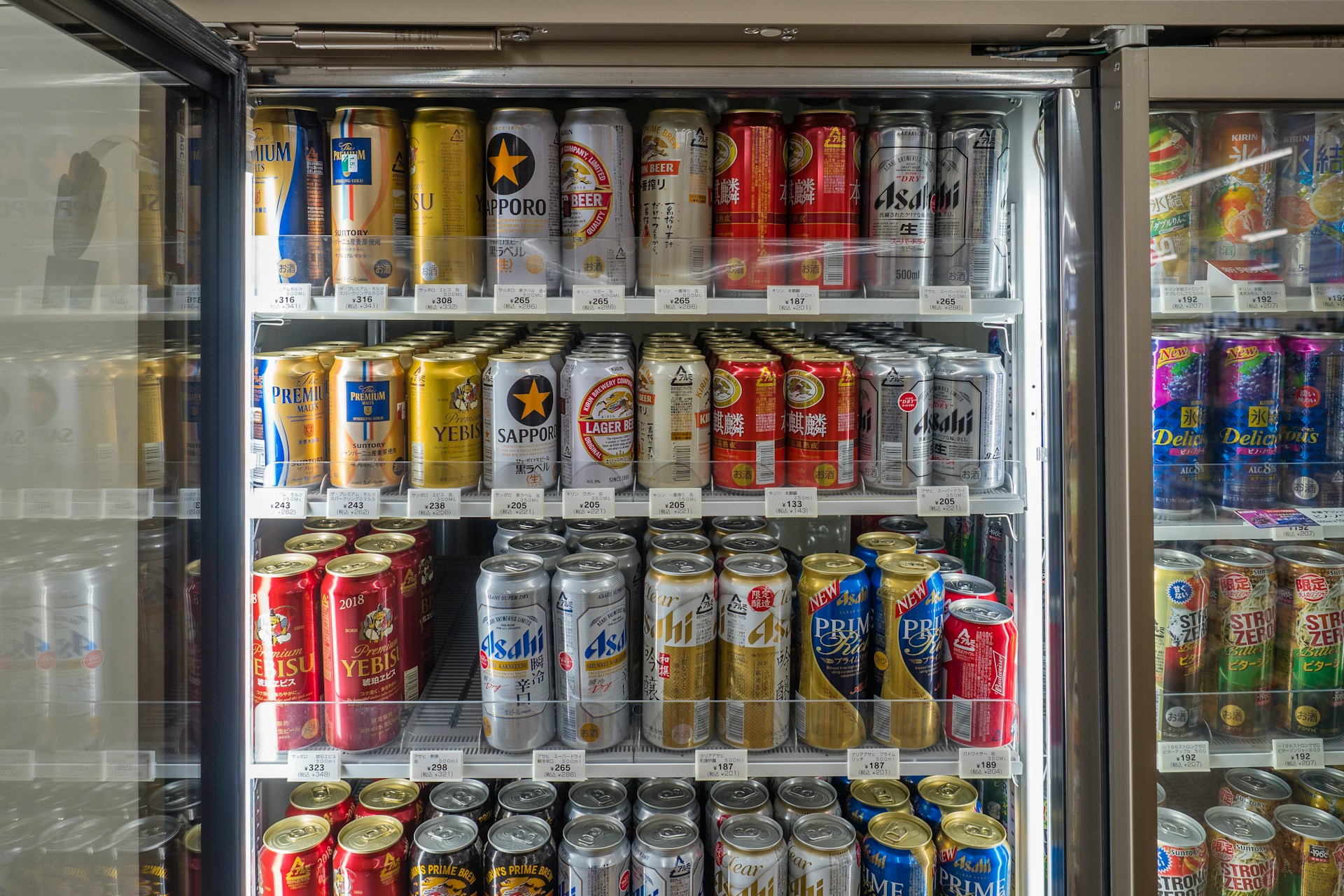
As we mentioned, the best way to store beer to keep it fresh is in the refrigerator. Most beers will remain palatable for a few years when kept in a cold refrigerator. That being said, the longer it remains in your fridge, the more muted the flavors will be. Beers designed to be cellared like barrel-aged stouts, porters, and barleywines belong in a cool, dry, dark place. A basement that remains the same cool temperature all year long is your best bet.
Are bottles or cans better to keep beer fresh?
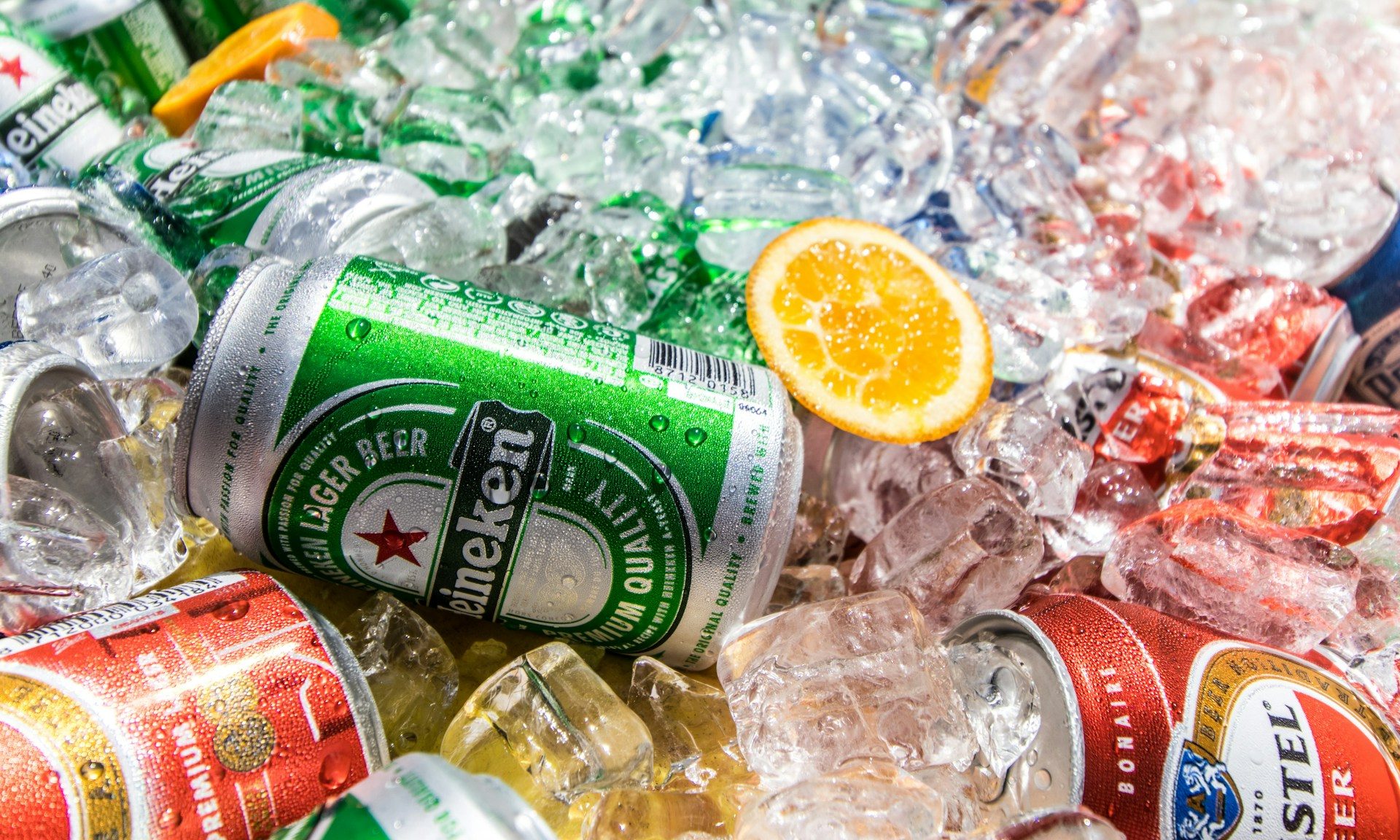
There’s no clear-cut answer about whether beer stays fresher in bottles or cans. According to a study by Colorado State University, this all depends on the beer style. Some beers keep fresh better in cans and others in bottles. The one clear thing is that if you’re going to cellar beer, it’s likely going to age better in bottles than cans. Beer left too long in cans can even explode, causing quite a mess.
Can you drink beer two years out of date?
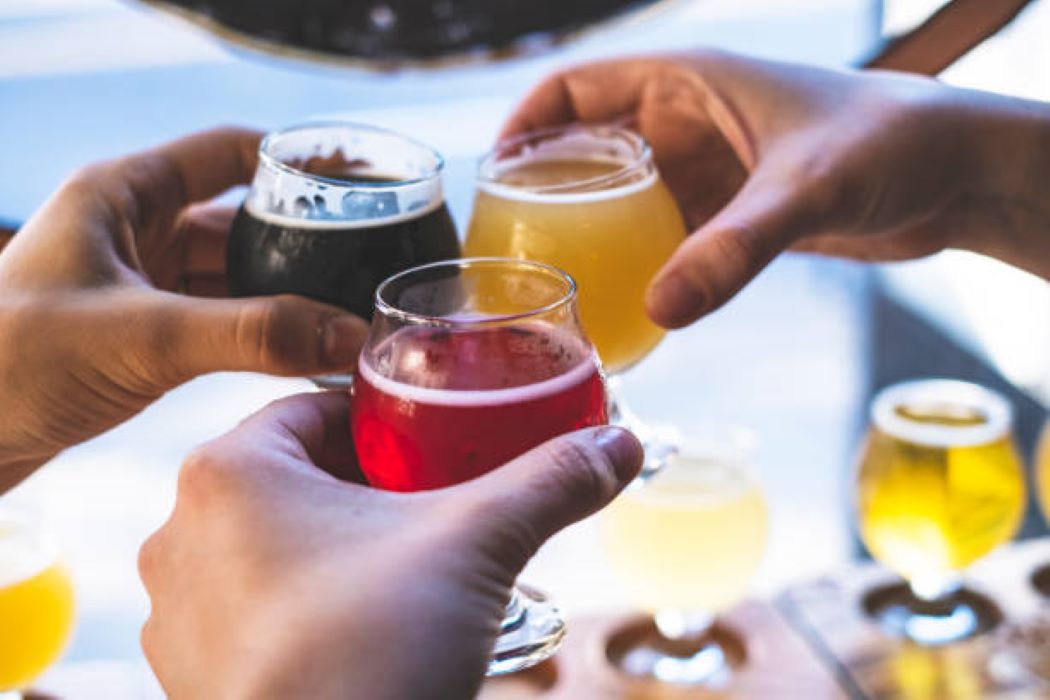
You can drink beer two years out of date. The real question is: do you want to? If you put a lager, IPA, or your favorite stout in the refrigerator, it should still be palatable after two years. The lager and
Is 10-year-old beer safe to drink?
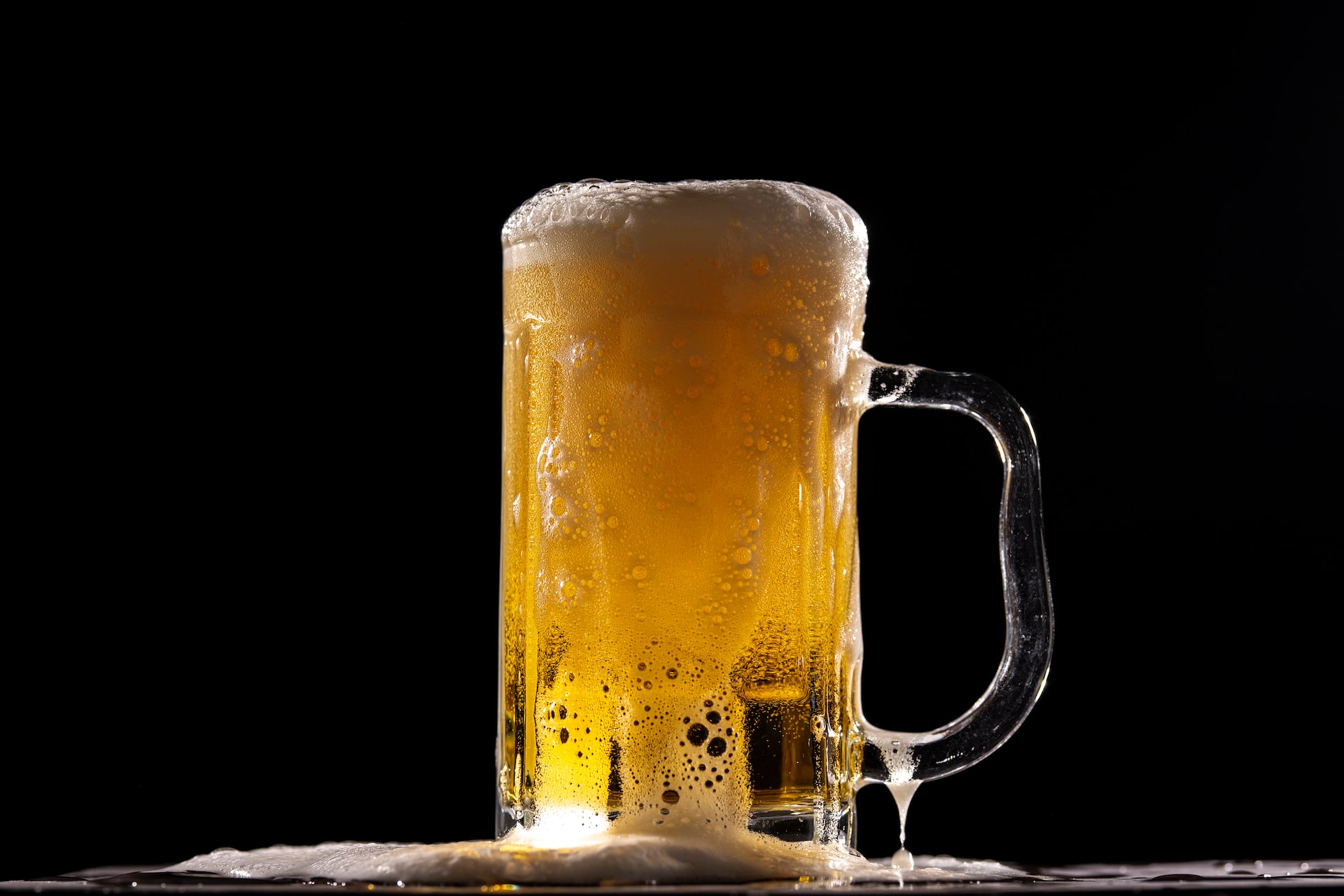
If you’re clearing out your refrigerator after a decade, you have more problems than skunky beer. That said, you don’t want to drink a beer that has spent ten years in a refrigerator, and you don’t want to drink one that’s been rolling around in the trunk of your car for a decade. These beers will not be palatable.
The difference is a beer that’s meant to be cellared. A barrel-aged stout, barleywine, porter, strong ale, or some other beer created to be matured will be safe to drink in a decade. Some of these beers will taste even better after spending ten years maturing. That is, as long as they’re kept in a cool, dry, dark place.




